TEHRAN (Bazaar) –Nader Entessar, Professor Emeritus of Political Science from university of South Alabama says that the Biden team has now come to the conclusion that Iran is not interested in agreeing to a temporary or "less-for-less" agreement. Also, reviving the JCPOA remains the best alternative to safeguard US interests, contain Iran's nuclear program, and manage regional tensions.
He also says “Apparently, Iran and U.S. are now focused on a common goal; that is the full revival of the JCPOA.”
Following is the full text of the Bazaar interview with Professor Entessar:
Bazaar: Recently, there was news about a change in the US nuclear negotiating team, and “Richard Nephew”, who is known as the designer of US sanctions against Iran, has left the team. Some see this change as a positive signal to Iran. What is your opinion?
Entessar: In addition to Richard Nephew, there were others who have left the US negotiation team since December of last year. For example, Dr. Ariane Tabatabai, a political scientist of Iranian descent, also left the US team and will now continue to works in the office of Under Secretary of State for Arms Control and International Security. I do not know the reason for Dr. Tabatabai's departure from the US negotiating team, but Richard Nephew, who served as Deputy US Iran envoy, apparently wanted Washington to negotiate a new deal o replace the JCPOA. The chief US Iran envoy Robert Malley and many others were opposed to this and argued that JCPOA's revival is the best path to enhance US interests and permanently degrade Iran's nuclear program. More than anything else, divisions within the US team caused Richard Nephew's departure. It is hard to say if Nephew's removal can be construed as a positive signal to Iran or not. We will have a better understanding of these developments in the next few weeks.
Bazaar: If we assume that these changes are a positive signal to Iran, will the Biden government be able to be safe from the consequences of the attacks of the Republicans and the opponents of the JCPOA? Will there be no action to break the agreement in Congress?
Entessar: Joe Biden's domestic support base has been eroding for some time now. Any possible agreement between Iran and the US will be subject to merciless attack by Biden's Republican opponents and US Congress. Also, the JCPOA's opponents in Congress (who also include many Democrats) will do their utmost to break the agreement. No agreement between the US and Iran will be safe from the Congressional onslaught and the "Blob's" revenge.
Bazaar: Iran has recently stated that it is willing to negotiate directly with the United States on nuclear issues if sanctions are lifted. Meanwhile, the United States has already called for direct talks with Iran. Will Iran's action at this stage increase the likelihood of an agreement?
Entessar: If there is going to be a significant breakthrough in the current Vienna negotiations, it may become necessary for the two main antagonists (Iran and the United States) to once again meet face-to-face to finalize a new agreement. Recent statements by high-level Iranian officials were intended to signal that Iran was not opposed to direct negotiations with the US as long as the US was serious about implementing its JCPOA obligations and removing the appropriate economic sanctions.
Bazaar: The Qatari Foreign Minister will pay a short visit to Iran and the United States. Does this trip carry a message about the nuclear deal?
Entessar: The timing of the Qatari Foreign Minister's visit to Tehran and Washington indicates that he will act as a conduit by carrying an important message. Qatar seems to be playing a similar role to what Oman played a few years ago and prior to the signing of the JCPOA.
Bazaar: Meanwhile, Jake Sullivan recently met with Israeli officials to discuss an interim agreement with Iran, and White House Middle East Coordinator Brett McGregor said Iran and the United States were on the verge of a possible agreement to return to the JCPOA. And the Biden government is still focused on returning the nuclear deal and has no interest in a “less-for-less” interim deal. What is the reason for the Biden government's focus on the full revival of the JCPOA instead of the interim agreement (Iran had also rejected any interim agreement)?
Entessar: The Biden team has now come to the conclusion that Iran is not interested in agreeing to a temporary or "less-for-less" agreement. Also, as I previously stated, reviving the JCPOA remains the best alternative to safeguard US interests, contain Iran's nuclear program, and manage regional tensions. Apparently, both sides are now focused on a common goal; that is the full revival of the JCPOA. What remains to be worked out are the modalities and steps to work out the verifiable details of reviving the JCPOA in its original form.

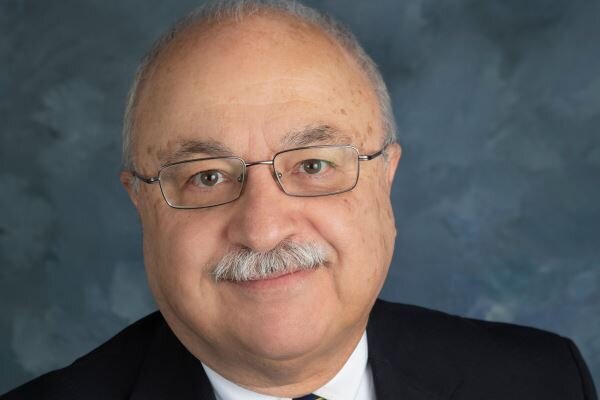





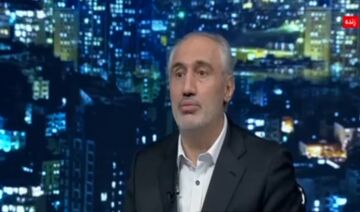



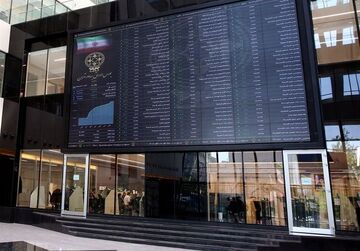

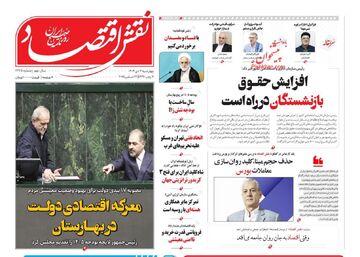
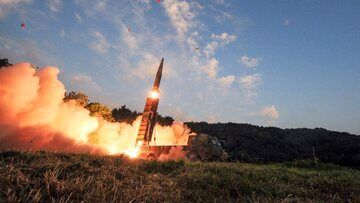

نظر شما